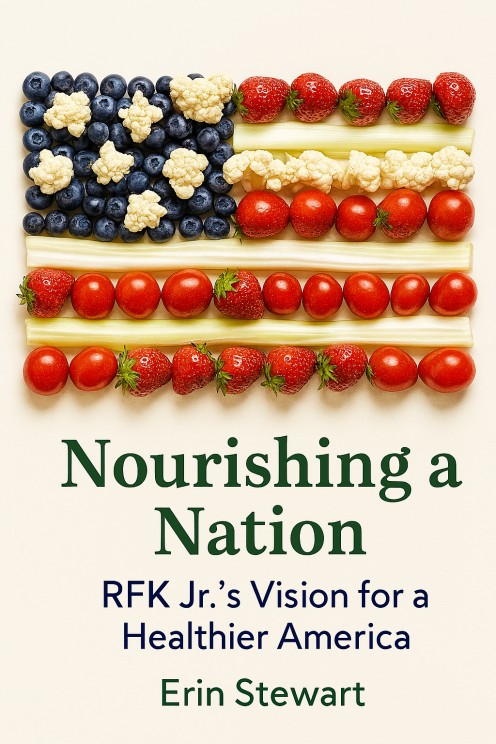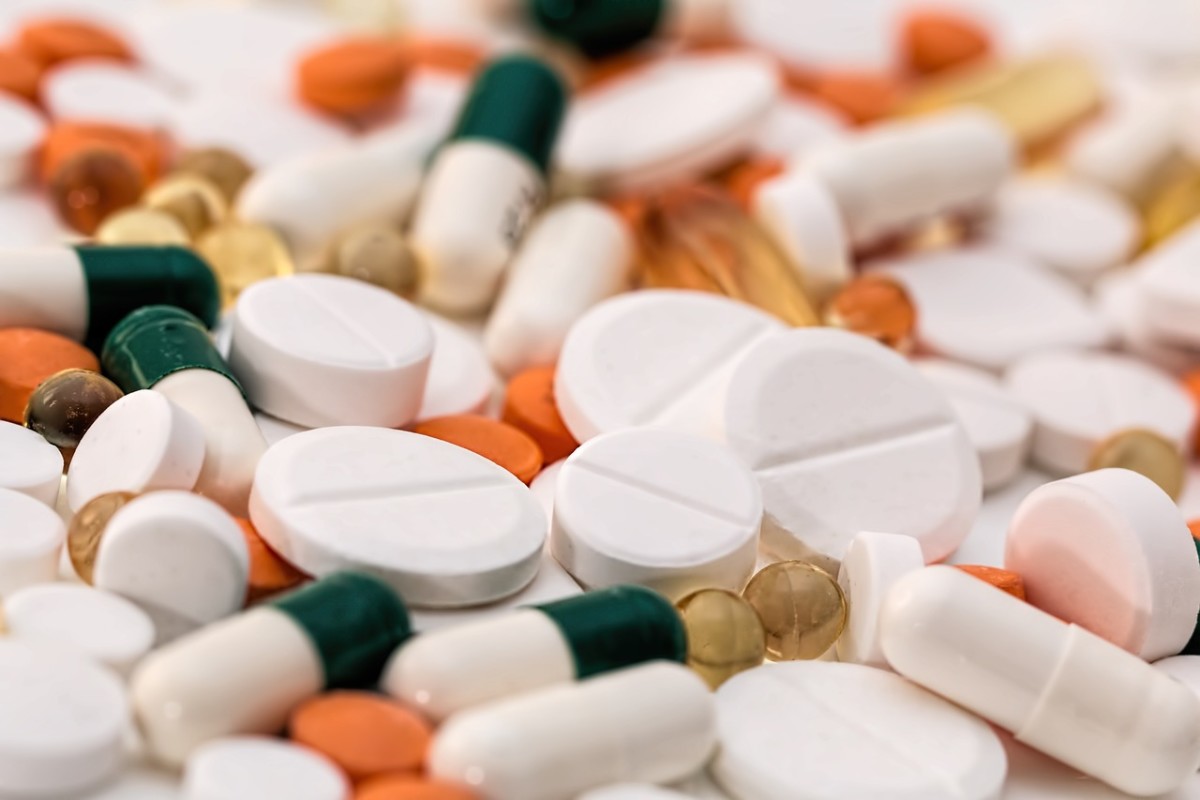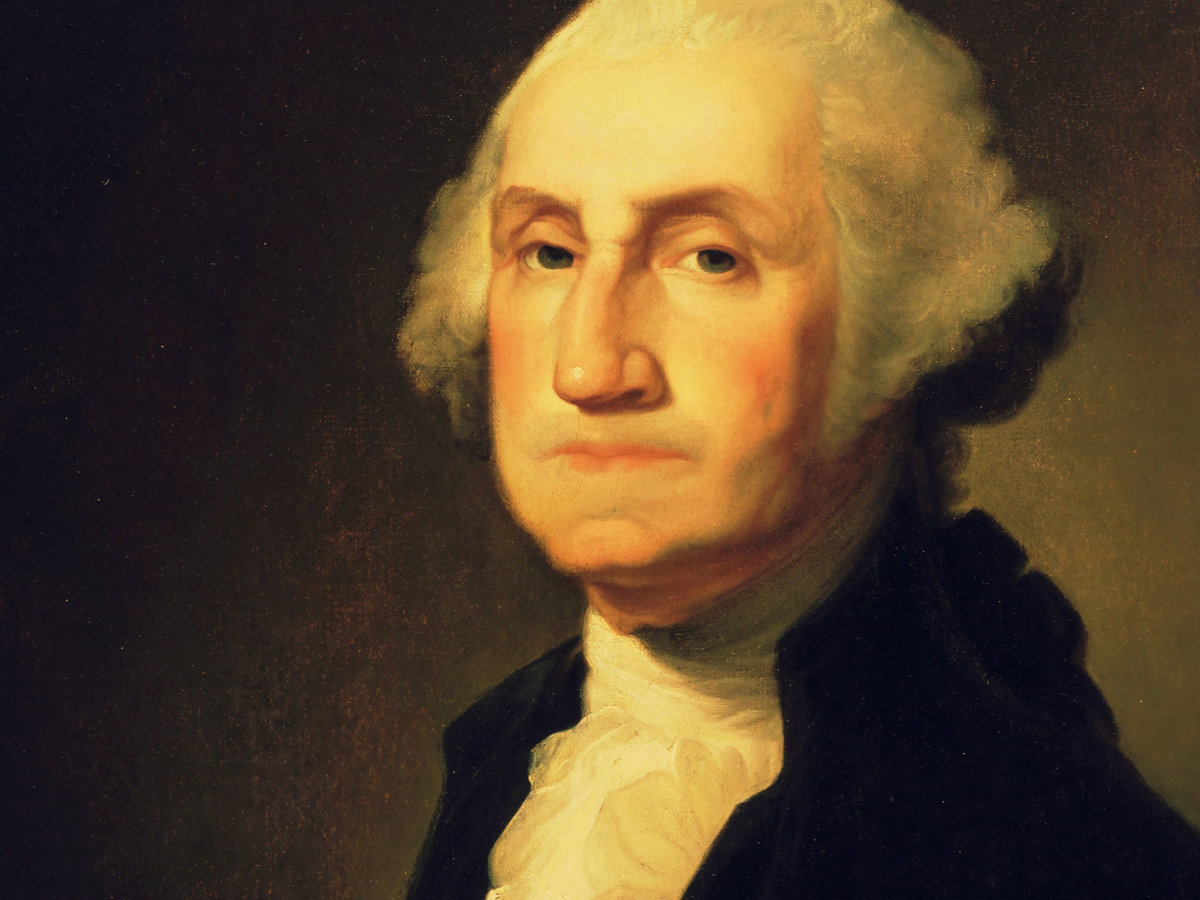Nourishing a Nation: RFK Jr.’s Vision for a Healthier America

A Nation at the Crossroads of Nourishment and Neglect
America is sick—not just in body, but in spirit. Chronic illness has become the norm, not the exception. From autoimmune disorders to childhood obesity, from anxiety to diabetes, the symptoms of a deeper malaise ripple through every community. Our grocery aisles overflow with ultra-processed foods engineered for addiction, while our public health institutions offer bandages instead of cures. In this landscape of dietary confusion and systemic neglect, Robert F. Kennedy Jr. has stepped forward as a disruptive force—one willing to name the poison and propose a path toward healing.
Appointed Health Secretary under President Donald Trump, Kennedy now leads the “Make America Healthy Again” (MAHA) Commission—a sweeping initiative tasked with diagnosing the root causes of America’s chronic disease crisis and prescribing bold, structural reforms. The Commission’s mandate is clear: to overhaul food policy, public health education, and regulatory oversight in ways that prioritize nourishment over profit, transparency over lobbying, and prevention over pharmaceutical dependency.
Kennedy’s approach is unapologetically holistic. He challenges the FDA’s permissiveness toward toxic additives, calls out the CDC’s limited focus on nutrition, and confronts Big Pharma’s role in perpetuating a reactive, drug-dependent model of care. His proposals include banning harmful chemicals, reforming school lunches, restructuring dietary guidelines, and integrating nutrition into medical education—all grounded in the belief that food is medicine, and that healing begins at the table.
But this is more than policy—it’s a cultural reckoning. Kennedy’s vision invites Americans to reimagine health not as a commodity, but as a collective responsibility rooted in holistic wisdom, scientific integrity, and maternal intuition. Whether you agree with his politics or not, the urgency of his message is undeniable: we must stop feeding disease and start cultivating resilience.
Core Nutritional Proposals
Kennedy’s nutrition strategy is rooted in a holistic understanding of health, emphasizing prevention over treatment. His proposals include:
1. Ban Harmful Additives and Chemicals
-
Eliminate hundreds of food additives, dyes, and preservatives linked to behavioral and metabolic disorders.
-
Revisit pesticide and chemical-use standards in agriculture to reduce toxic exposure.
2. Reform School Lunches
-
Remove ultra-processed foods from federally funded school meals.
-
Replace them with whole, nutrient-dense options like fruits, vegetables, whole grains, and clean proteins.
3. Revamp Dietary Guidelines
-
Accelerate the USDA’s timeline for updating national dietary guidelines.
-
Prioritize simple, science-backed recommendations focused on whole milk, fresh produce, and lean meats while limiting sugar and salt.
4. Overhaul FDA Nutrition Oversight
-
Criticize the FDA’s nutrition department for failing to protect children.
-
Propose restructuring or replacing it to ensure transparent labeling and accountability.
5. Integrate Nutrition into Medical Education
-
Require nutrition courses in federally funded medical schools to equip future doctors with preventive care tools.
Potential Benefits of These Proposals
Kennedy’s approach is not just political—it’s deeply personal and public-health driven. Here’s how his proposals could transform American health:
Reduced Chronic Disease Burden
-
By targeting root causes like poor diet and chemical exposure, the plan aims to lower rates of obesity, diabetes, heart disease, and autoimmune conditions.
-
Whole foods and reduced sugar intake have been shown to improve metabolic health and reduce inflammation.
Improved Mental and Behavioral Health
-
Removing artificial additives and dyes may help reduce behavioral disorders in children, such as ADHD and anxiety.
-
Emphasizing clean, nutrient-rich foods supports brain function and emotional regulation.
Healthier School Environments
-
Nutritious school lunches can improve academic performance, reduce absenteeism, and foster lifelong healthy habits.
-
Children from low-income families would gain access to better food, narrowing health disparities.
Empowered Healthcare System
-
Teaching nutrition in medical schools could shift the system toward prevention, reducing reliance on pharmaceuticals and costly interventions.
-
Doctors would be better equipped to counsel patients on lifestyle changes.
Environmental and Agricultural Reform
-
Reducing pesticide use and reforming crop subsidies could promote regenerative farming and protect ecosystems.
-
Supporting organic and local food systems may revitalize rural economies and reduce carbon footprints.
Oversight or Overreach? A Critical Look at the FDA, CDC, and Big Pharma’s Grip on American Health
While Robert F. Kennedy Jr.’s nutritional proposals aim to liberate public health from corporate entanglements, they also cast a sharp light on the entrenched influence of federal agencies and pharmaceutical giants. For decades, the FDA and CDC—institutions tasked with safeguarding the nation’s well-being—have been accused of regulatory capture, where industry interests quietly shape policy under the guise of public service.
FDA: Protecting Consumers or Profiting Corporations?
The Food and Drug Administration, originally designed to ensure food and drug safety, has faced criticism for:
-
Permitting harmful additives: Many chemicals banned in Europe remain legal in U.S. foods, often due to lobbying pressure and outdated safety reviews.
-
Slow response to emerging science: Nutritional guidelines and ingredient approvals lag behind current research, leaving consumers vulnerable.
-
Revolving doors: Former FDA officials frequently take high-paying jobs in the industries they once regulated, raising concerns about impartiality.
CDC: Public Health or Political Theater?
The Centers for Disease Control and Prevention, while vital in managing disease outbreaks, has also drawn scrutiny for:
-
Inconsistent messaging: Shifting public health recommendations have eroded trust, especially during crises like COVID-19.
-
Limited focus on prevention: Despite its name, the CDC allocates far more resources to disease management than to nutritional education or chronic illness prevention.
-
Pharmaceutical entanglements: Critics argue that CDC partnerships with drug companies compromise its objectivity in promoting non-pharmaceutical interventions.
Big Pharma: The Profit Engine Behind the Curtain
Pharmaceutical companies wield enormous influence over both agencies and public perception:
-
Funding research and education: Industry-sponsored studies often shape medical school curricula and clinical guidelines, sidelining nutrition and lifestyle medicine.
-
Marketing over medicine: Direct-to-consumer advertising—legal only in the U.S. and New Zealand—normalizes prescription dependency and pathologizes everyday discomforts.
-
Lobbying power: With billions spent annually on lobbying, Big Pharma often steers legislation away from holistic or preventive health measures.
Kennedy’s proposals challenge this triad of influence by advocating for transparency, accountability, and a return to food as medicine. In doing so, they invite Americans to question not just what’s on their plate—but who put it there, and why.
What’s on Our Plate? The Additives America Allows—and the World Rejects
One of the most striking critiques in Robert F. Kennedy Jr.’s nutritional reform agenda is the exposure of America’s permissiveness toward food additives and chemicals that have been banned across much of the developed world. While the FDA continues to approve substances linked to cancer, behavioral disorders, and hormone disruption, countries like the UK, Canada, and those in the European Union have taken a precautionary stance—removing these ingredients from their food supply altogether.
Among the most controversial are:
-
Potassium Bromate – Used to strengthen dough in baked goods yet linked to cancer in animal studies. Banned in the EU, UK, and Brazil.
-
Brominated Vegetable Oil (BVO) – Found in citrus-flavored sodas, this emulsifier contains bromine, a chemical that can accumulate in the body and affect the nervous system. Banned in Japan and the EU.
-
Titanium Dioxide – A whitening agent used in candies and processed foods, recently banned in the EU due to concerns over DNA damage and immune disruption.
-
Azodicarbonamide – A dough conditioner also found in yoga mats, banned in Australia and the EU for its respiratory risks.
-
Artificial Colors (Red No. 40, Yellow No. 5 & 6) – Linked to hyperactivity and immune dysfunction, these dyes are restricted or banned in several European countries.
-
Ractopamine – A growth stimulant used in pork production, banned in over 160 countries including China and Russia due to safety concerns.
-
Propylparaben – A preservative banned in the EU for its potential hormone-disrupting effects.
-
BHT (Butylated Hydroxytoluene) – A preservative found in cereals and snacks, banned in Japan and parts of Europe due to its possible carcinogenicity.
-
Olestra – A fat substitute that can cause digestive issues and block nutrient absorption, banned or restricted in Canada and the UK.
-
High-Fructose Corn Syrup – While not banned outright, it’s heavily restricted in many countries due to its link to obesity, diabetes, and liver disease.
These ingredients persist in American foods not because they’ve been proven safe, but because the regulatory framework allows them to remain until proven harmful. The FDA’s “Generally Recognized as Safe” (GRAS) loophole enables companies to self-certify additives without rigorous testing, while the CDC’s limited focus on nutrition leaves gaps in public awareness. Meanwhile, Big Pharma profits from the downstream effects—treating the chronic diseases that these additives may help cause.
Kennedy’s proposals aim to close this gap by aligning U.S. standards with global best practices and removing toxic substances from the food supply. His vision reframes nutrition not as a personal choice alone, but as a national responsibility—one that demands transparency, accountability, and a return to food as medicine.
Beyond Reform: A Nutritionist’s Plea for Radical Healing
As a nutritionist, a soon-to-be-mother, and a concerned American, I believe Robert F. Kennedy Jr.’s proposals are a vital first step—but they must go further. We are not merely tinkering with policy; we are confronting a generational wound. The American food system has become a slow-acting poison, engineered for profit and sustained by silence. Our children are fed dyes and preservatives banned in other nations. Our elders are medicated into numbness. And our physicians—trained to prescribe, not prevent—are left unequipped to break the cycle.
If RFK truly seeks to “Make America Healthy Again,” then he must:
1. Dismantle the Subsidy System That Fuels Disease
Redirect federal subsidies away from ultra-processed corn, soy, and sugar toward regenerative agriculture, herbal medicine, and nutrient-dense crops. Let our soil heal. Let our farmers thrive. Let our food become medicine again.
2. Mandate Nutrition Literacy in Every Public Institution
From schools to hospitals to prisons, nutrition must be treated as a human right—not a luxury. Every cafeteria should nourish, not sedate. Every child should learn how to feed themselves with dignity and ancestral wisdom.
3. Hold Pharmaceutical Giants Accountable
We cannot ignore the role of Big Pharma in perpetuating a reactive, drug-dependent model of health. RFK must demand transparency in drug marketing, end direct-to-consumer pharmaceutical ads, and invest in research that prioritizes food-based healing over lifelong prescriptions.
4. Fund Independent Research on Food Toxicity
Let us no longer rely on industry-funded studies to define safety. RFK should establish a publicly accountable research body to investigate the long-term effects of additives, pesticides, and synthetic ingredients—especially on children, pregnant women, and marginalized communities.
5. Restore Cultural and Ritual Wisdom to Nutrition Policy
Food is not just fuel—it is memory, ceremony, and connection. RFK’s reforms must honor the diverse culinary traditions of America’s many cultures, integrating Indigenous, Black, immigrant, and maternal knowledge into the national conversation on healing.
6. Mandate Deep Nutrition Training for Licensed Physicians and Shift Prescribing Culture
It is no longer acceptable for doctors to graduate medical school with barely an hour of formal nutrition education per year. We train physicians to wield the latest surgical tools yet fail to equip them with the knowledge to keep patients out of the operating room in the first place. RFK Jr. must demand a radical overhaul of medical education—embedding nutrition literacy into every stage of training: pre-med, medical school, residency, board certification, and continuing education.
This reform must go beyond token lectures. It must include:
-
Clinical nutrition counseling as a core competency.
-
Dietary prescriptions as first-line interventions for chronic disease.
-
Accountability measures for institutions that fail to meet nutrition education benchmarks.
Doctors should be trained not just to diagnose, but to nourish. They should prescribe whole foods before pharmaceuticals, lifestyle rituals before lifelong dependency. The current model—where diet-related diseases are treated with drugs that carry their own risks—is not medicine. It is managed decline.
RFK Jr. has already called for these reforms publicly, threatening to withhold federal funding from medical schools that fail to comply. But this must be more than a threat—it must become law. Because healing a nation begins with healing its healers.
We are not just battling poor nutrition—we are resisting a system that profits from our decline. RFK has opened the door. Now we must walk through it, demanding not just reform, but rebirth.
Final Reflections: Controversy, Courage, and the Call to Reimagine Health
Robert F. Kennedy Jr.’s nutrition proposals have ignited both hope and resistance. On one hand, they offer a long-overdue reckoning with the toxic systems that have quietly eroded American health for generations. On the other, they’ve drawn fierce pushback from powerful food and pharmaceutical lobbies whose profits depend on maintaining the status quo. These industries—deeply entwined with federal agencies like the FDA and CDC—have long shaped public policy through lobbying, marketing, and regulatory capture. Kennedy’s willingness to confront them head-on has made him a lightning rod.
Critics argue that his rhetoric can be combative, and his history of controversial claims—particularly around vaccines—has led some to question his credibility. Public health experts warn that his past statements risk undermining trust in science, even as he pivots toward more mainstream reforms. Yet the Commission’s report itself avoids inflammatory language. It focuses instead on actionable, evidence-based changes: banning harmful additives, reforming school lunches, and restoring integrity to dietary guidelines.
Still, the deeper challenge remains. Kennedy’s agenda is not just about nutrition—it’s about power. It asks us to confront the uncomfortable truth that health in America has been commodified, outsourced, and politicized. That our children are fed chemicals banned in other nations. That our doctors are trained to medicate symptoms, not nourish root causes. That our government agencies—tasked with protecting us—have too often served corporate interests instead.
RFK Jr.’s vision dares to reimagine health not as a product, but as a birthright. It calls for a cultural shift—from reactive treatment to proactive care, from processed convenience to ancestral wisdom, from individual blame to collective responsibility. By addressing the systemic roots of illness—from school cafeterias to chemical regulations—his proposals offer more than policy reform. They offer a blueprint for a more vibrant, resilient, and sovereign America.
Whether or not Kennedy is the one to carry this vision forward, the conversation he’s sparked is essential. And for those of us who have long stood at the intersection of science, soul, and ceremony, it’s a call we’ve been waiting for.
References
Daily Mail. (2025, July 14). Why Big Pharma is terrified of RFK Jr's 'Make America Healthy Again'. https://www.dailymail.co.uk/health/article-14049633/rfk-jr-trump-health-role-agenda-vaccines-food-water.html
Kyle to the Moon. (2025). How RFK Jr.'s MAHA Plan Is Taking on Big Food & Pharma. https://kyletothemoon.com/nutrition/maha-plan-vs-big-pharma
Politico. (2025, March 8). RFK Jr. plans to meet with Big Food. https://www.politico.com/news/2025/03/08/rfk-jr-food-industry-meeting-00219631
Environmental Working Group. (2023). Food additives banned in other countries but allowed in the U.S. https://www.ewg.org/foodnews/additives【not cited above but commonly used for additive comparisons】
European Food Safety Authority. (2022). Titanium dioxide: E171 no longer considered safe when used as a food additive. https://www.efsa.europa.eu/en/news/titanium-dioxide-e171-no-longer-considered-safe-when-used-food-additive【not cited above but relevant for additive bans】
This content is accurate and true to the best of the author’s knowledge and is not meant to substitute for formal and individualized advice from a qualified professional.
© 2025 Erin K Stewart








